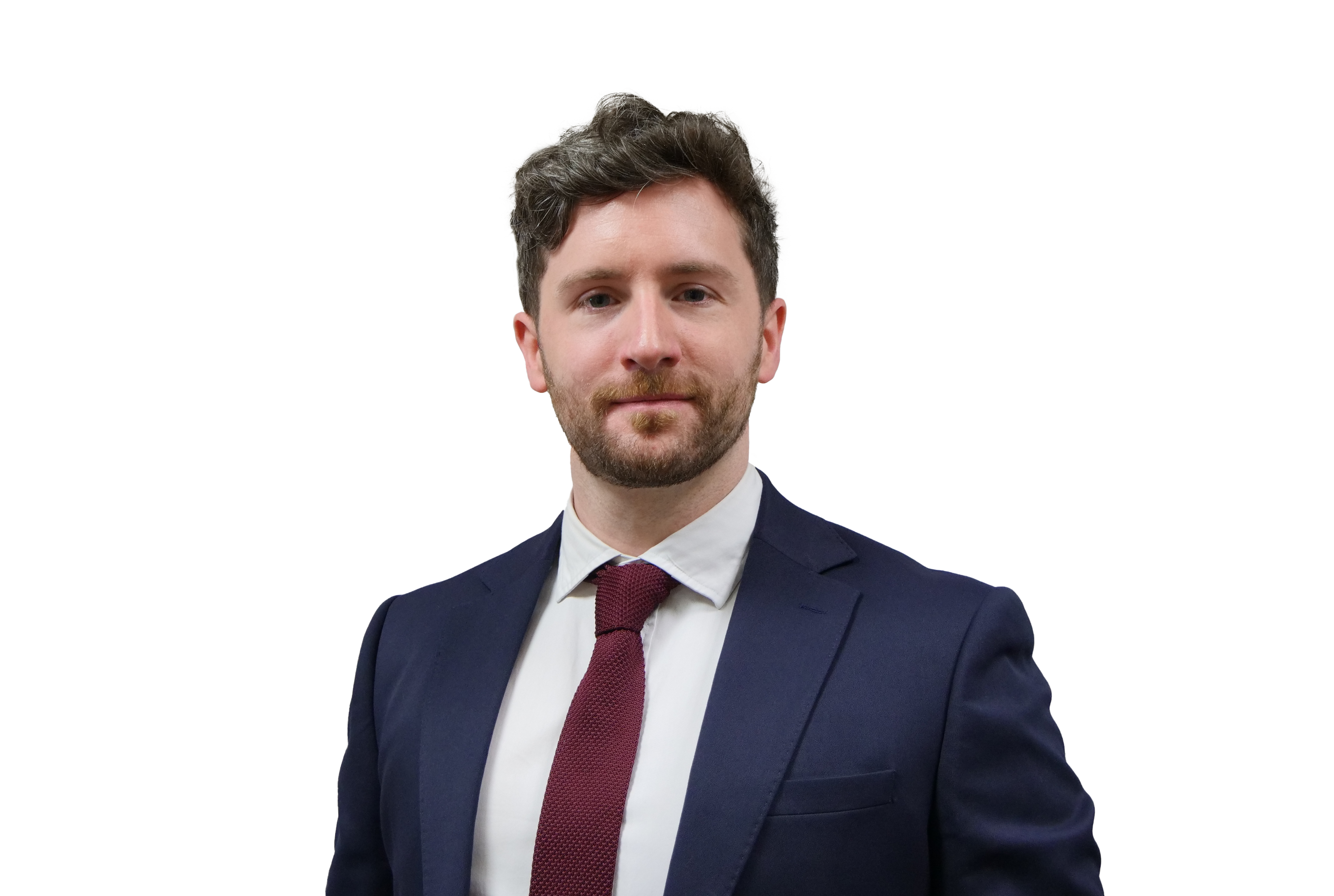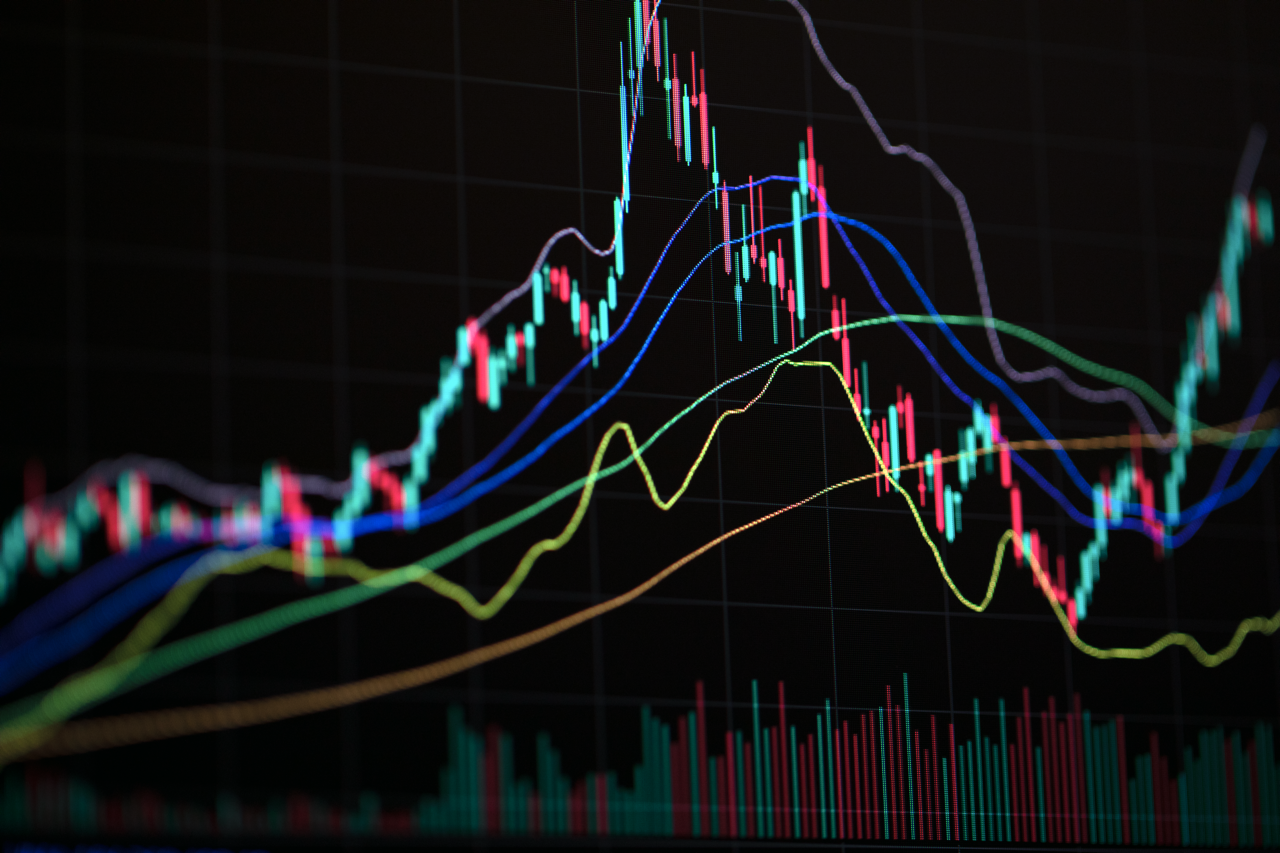Oil Price War and COVID-19 Update
Saudi Arabia unexpectedly cut its export oil prices over the weekend and increased its production. This was seemingly in retaliation to Russia’s refusal on Friday to agree with OPEC’s proposed actions of reducing supply in response to falling global demand.
The move shocked markets at the open with oil prices falling by around 25% to $32 per barrel. This in turn has triggered a wave of selling in equity markets with the FTSE100 index starting the day 8% lower, although it has subsequently recovered a little and is down 6% on the day at the time of writing.
Arguably, the timing of this move could not have been worse for markets, and it is possible that this was Saudi Arabia’s intention. The next couple of weeks are critical to understanding the likely spread and effects of COVID19 on the global economy and this will inform the next phase for financial markets.
The combination of COVID-19 and today’s oil shock from Saudi Arabia has pushed market sentiment down to extreme levels suggesting that there is a very large amount of bad news already priced into markets.
That is not to say that markets cannot fall further, but we are reaching the point where we would need to see events develop into a full scale financial crisis for them to do so. The bank and corporate sectors are in a much healthier state than in 2008 and central banks are almost certain to react decisively at the first signs of liquidity stress; this should provide support to the market as it adjusts to the emerging situation.
Moreover, any good news now has the potential to drive a very sharp relief rally. It is difficult to know if and when we might get some good news, but there are plenty of possible sources. These include the UK Budget this week, ECB policy meetings and perhaps most significant would be evidence that the rate of acceleration of COVID19 is progressing more slowly than reflected by the worst case scenarios currently priced in.
Of course, it is unlikely that global governments and central banks will be content to let Saudi Arabia effectively blackmail the global economy with this unilateral action and it seems highly likely that some form of coordinated response will be forthcoming.
While sharp downward moves in markets are extremely uncomfortable, they are notoriously difficult to predict and we reiterate that during such periods of heightened volatility, it is critically important that investors keep well-grounded in the longer term view, so as to avoid getting caught out by sudden market movements. Indeed such periods of turbulence often provide the best opportunities for investors to build long term portfolio positions at good entry prices.
We are reviewing our strategies continuously and considering possible responses to today’s movements. However, as previously confirmed, we will take such actions as we feel necessary to both protect investment portfolios and to take advantage of short term market weakness to build long term positions. We will update you periodically as the situation evolves.
Disclaimer: The views thoughts and opinions expressed within this article are those of the author, and not those of any company within the Capital International Group (CIG) and as such are neither given nor endorsed by CIG. Information in this article does not constitute investment advice or an offer or an invitation by or on behalf of any company within the Capital International Group of companies to buy or sell any product or security.















